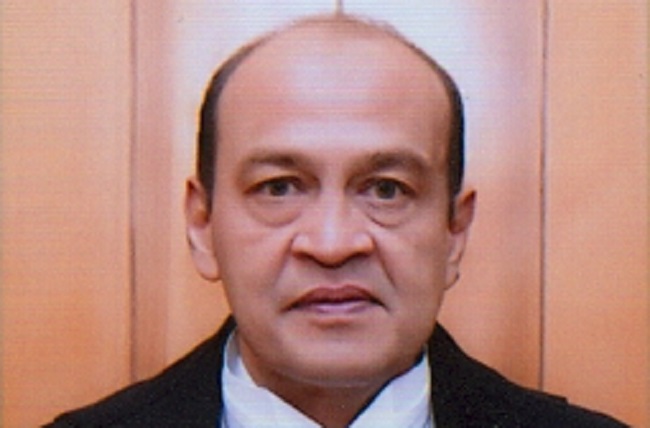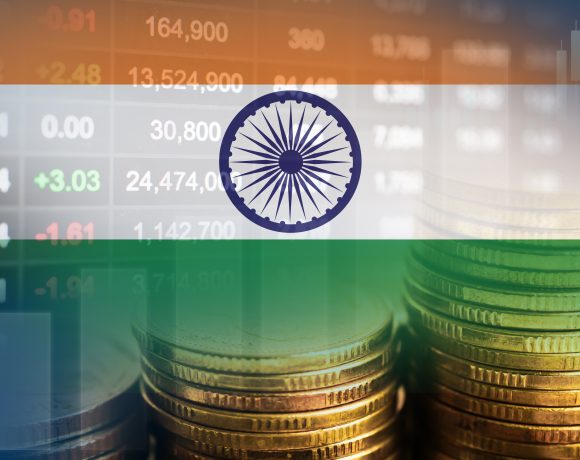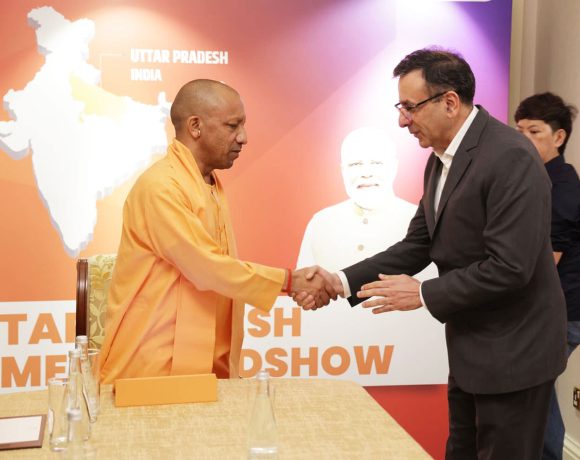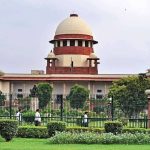
Inquiry Panel Rejects Conspiracy Claim in Justice Varma Cash Recovery Case
An internal judicial inquiry has concluded that large bundles of currency notes were indeed recovered from the storeroom of Justice Yashwant Varma’s official residence in Delhi, rejecting his claims of conspiracy and terming his version of events as unconvincing. The panel, constituted by the Chief Justice of India, was tasked with probing the circumstances surrounding the discovery of burnt high-denomination currency during a fire incident earlier this year.
The incident in question occurred on March 14, when a fire broke out at a storeroom adjacent to Justice Varma’s office premises. In the process of dousing the fire, fire department personnel reportedly stumbled upon partially burnt bundles of cash packed in sacks. This unexpected recovery led to immediate involvement of the Delhi Police and subsequently triggered an official communication to the Supreme Court.
Varma Inquiry
The three-member inquiry committee reviewed extensive material, including photographs, videos, and statements from first responders, household staff, and security personnel. According to the panel, multiple consistent testimonies confirmed that cash was indeed discovered during the fire response. The inquiry found that the location and nature of the recovered items indicated deliberate storage and could not be easily dismissed as coincidental or accidental.
Varma’s Response
Justice Varma, in his statement to the panel, denied any knowledge of the cash and claimed the incident was part of a larger conspiracy to defame him. He maintained that the storeroom in question was not part of his private quarters and had been accessible to various personnel for storing unused items. He added that when he personally visited the site the next morning, no cash was visible.
Judicial Panel Conclusion
The panel, however, was not convinced. It pointed out the strength of photographic evidence and multiple eyewitness testimonies confirming the presence of cash at the scene. The committee concluded that the judge’s explanation lacked credibility and called for the matter to be placed before the Chief Justice of India for further action under constitutional provisions.
Possible Consequences
Justice Varma was subsequently transferred to the Allahabad High Court and relieved of his judicial responsibilities pending further review. While the inquiry did not prescribe immediate punitive action, it suggested that the matter warranted a deeper institutional response. Options now include forwarding the findings to the executive for potential disciplinary or constitutional proceedings, including the possibility of initiating impeachment discussions if warranted.
This development has reignited the conversation around judicial accountability in India, highlighting the delicate balance between protecting judicial independence and ensuring transparency and integrity within the higher judiciary.


















